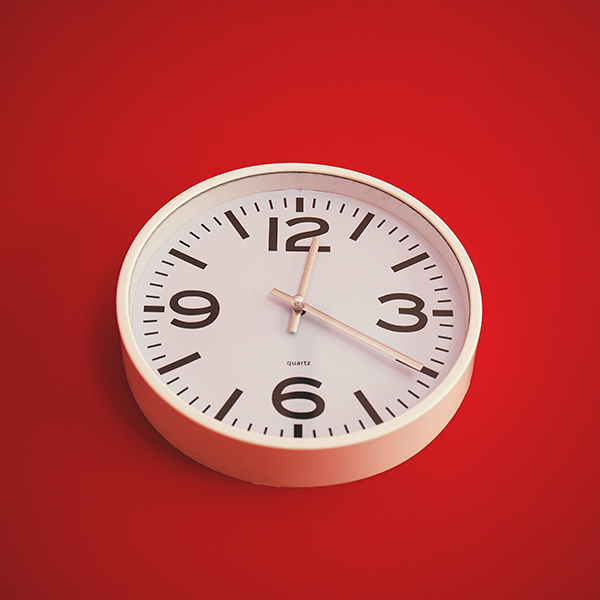The experience of being in ‘lockdown’ is tough on relationships. Fault lines that may have always been there may now widen under the stress. Distractions that we used to keep difficult feelings at bay have now gone. I wonder if you, like me have found the wisdom of grief and trauma experts is incredibly insightful at this time? Their wisdom helps because we are all experiencing concurrent trauma and have all lost different things in this crisis – financial security, jobs, freedom, experiences we won’t get back, the ability to see people we love and the ultimate loss, the death of a loved one. Although many of our losses are temporary they have an on going impact on us. In addition the pervasive threat of the virus means that, brain-wise, our amygdala is in charge and if we aren’t able to dial this down we run the risk of being in perpetual fight/flight mode. A few weeks in from the initial shock we may be finding some rhythm but still we are none of us at our best right now. Is your partner more snappy / sensitive / irritating / elusive / stupidly positive? So what is the best way of helping each other right now?
- Recognise what we really need from one another
It may help to use the ‘relational map’ that attachment theory provides. It shows us we all need a small number of attachment (or ‘go to’) figures from cradle to grave. These go-to people act both as a secure base to go out and explore from and a safe haven to come back to. We are a ‘secure base’ when we support exploration (play, friendships, challenges, adventures). We also need our go-to people to be a ‘safe haven’ for us; someone we can turn to when we are finding life is tough who will accept us, comfort us, protect us and help us make sense of what we’re feeling. Being both these things for each other is tougher at the moment. First off, there is very little separation from anyone in our family – we’ve all seen the Facebook posts ‘I just need to talk with someone not in my immediate lockdown house’ RIGHT NOW. If it takes a village to raise a child (and I would suggest support a marriage), we’re sure missing our fellow villagers right now.
- Being with emotions
It’s also harder for us to be a safe haven for one another. We know the fastest way for babies, children and adults to ‘feel better’ when they are struggling with emotions is having a loved one accept how they’re feeling, ‘be with’ them in it and commit to ‘ride it out’ with them. Being with emotions in this way means avoiding saying sentences like: ‘Stop being so angry I can’t handle it!’ or ‘Best foot forward!’ or ‘Think about all the people who’ve got it worse’ or indeed any sentence that starts with ‘at least’. This is much harder to do in real life than in theory. A friend of mine wrote on a social media site that she was scared about lockdown life. The responses ranged from the ‘you’ve got this girl’ to ‘God’s got this’, to ‘some people have it way worse’ and my least favourite ‘oh I’m so glad that we’re not impacted’! These were all people who took the time to reply and seemed to really care about their friend. So why was it so hard to simply acknowledge that going into lockdown was scary?
- Why is this so hard?
Probably because ‘being with’ anyone in this way means that we choose to feel some of what they are feeling and this can be very uncomfortable for us to do. How these emotions were dealt with when we were children plays a part. For example if you learnt as a child that being sad wasn’t really okay and were constantly told to ‘turn that frown upside down’ you’re likely to find yourself being really uncomfortable about sadness. Before you’ve thought about it you will be wanting to ‘cheer them up, hurry them up or tell them to ‘grow up’! Of course the current collective trauma also makes it harder for us to both be the comforting person we’d like to be. It’s hard to calm someone when you’re freaking out. But studies show that we can learn how to respond differently. So how do we go about that?
- Tune into how we are feeling ourselves. If you are not okay, give yourself permission to take a ‘time out’ for yourself. Take time to breathe, stretch, move, draw, listen to music. In short, try a short burst of anything that calms you.
- Try and focus on how your partner is feeling rather than how they are behaving. It’s all too easy to focus on ‘bad behaviour’ and miss the uncertainty, sadness or vulnerability that’s really going on. For more on this click here
- Commit to trying to ‘be with’ your loved ones in their emotions, even when it feels uncomfortable, even when it’s hard.
- Have grace with yourself. It’s hard to change well-established patterns of response. If you realise you’ve just dismissed/ cheered up or hurried up a loved one out of an emotion, again don’t despair. Look back at what happened, think about what you could have done differently and have another go next time.
If we can begin to do this we will give our loved ones a greater sense of security and peace – and you probably can’t offer better help than that right now.



